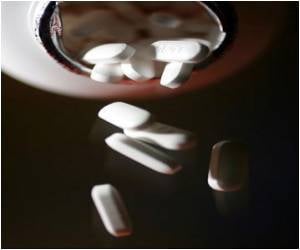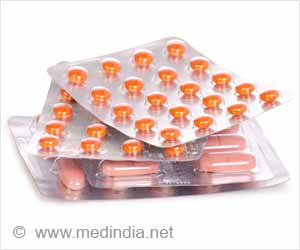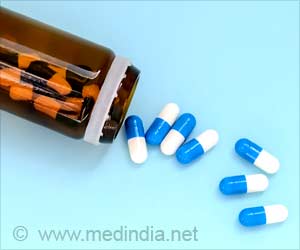Weight loss aids were found to be the leading culprit in this age group, causing more than half of those emergency room visits.

More than 28 percent% of the 23,000 visits due to supplements were by adults aged 20 to 34 years. Weight loss aids were found to be the leading culprit in this age group, causing more than half of those emergency room visits, commonly for heart related symptoms including palpitations, chest pain, or irregular heartbeat.
More than 21% of the emergency visits were due to children swallowing supplements. The study said, "Child-resistant packaging is not required for dietary supplements other than those containing iron, and despite such packaging, iron supplements were the second most commonly implicated type of supplement in unsupervised ingestion by children."
When it came to adults, swallowing problems caused nearly 40% of emergency department visits for supplement-related adverse events. Just 2,000 people are hospitalized annually after taking supplements. The researchers did not track any deaths that might have been linked to supplement use.
The study suggested that although the US Food and Drug Administration is tasked with overseeing supplements, neither safety testing nor FDA approval is required before the marketing of dietary supplements. The researchers also said, "Our estimates are likely lower than the actual number because patients do not always report using supplements."
The Council for Responsible Nutrition, an industry group, said, "The findings should be viewed in context, and defended the safety of supplements."
Advertisement
The findings are published in the New England Journal of Medicine.
Advertisement











